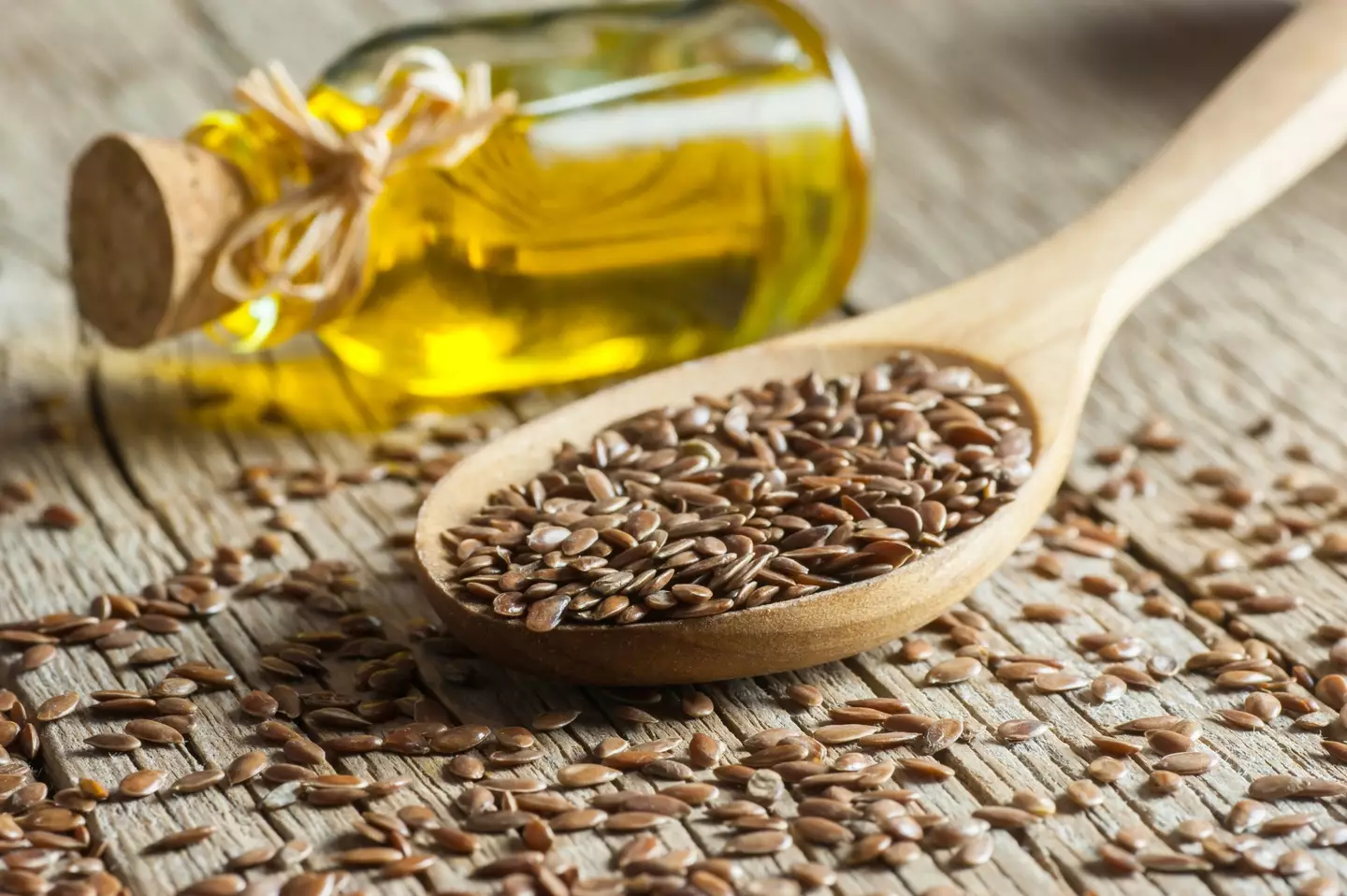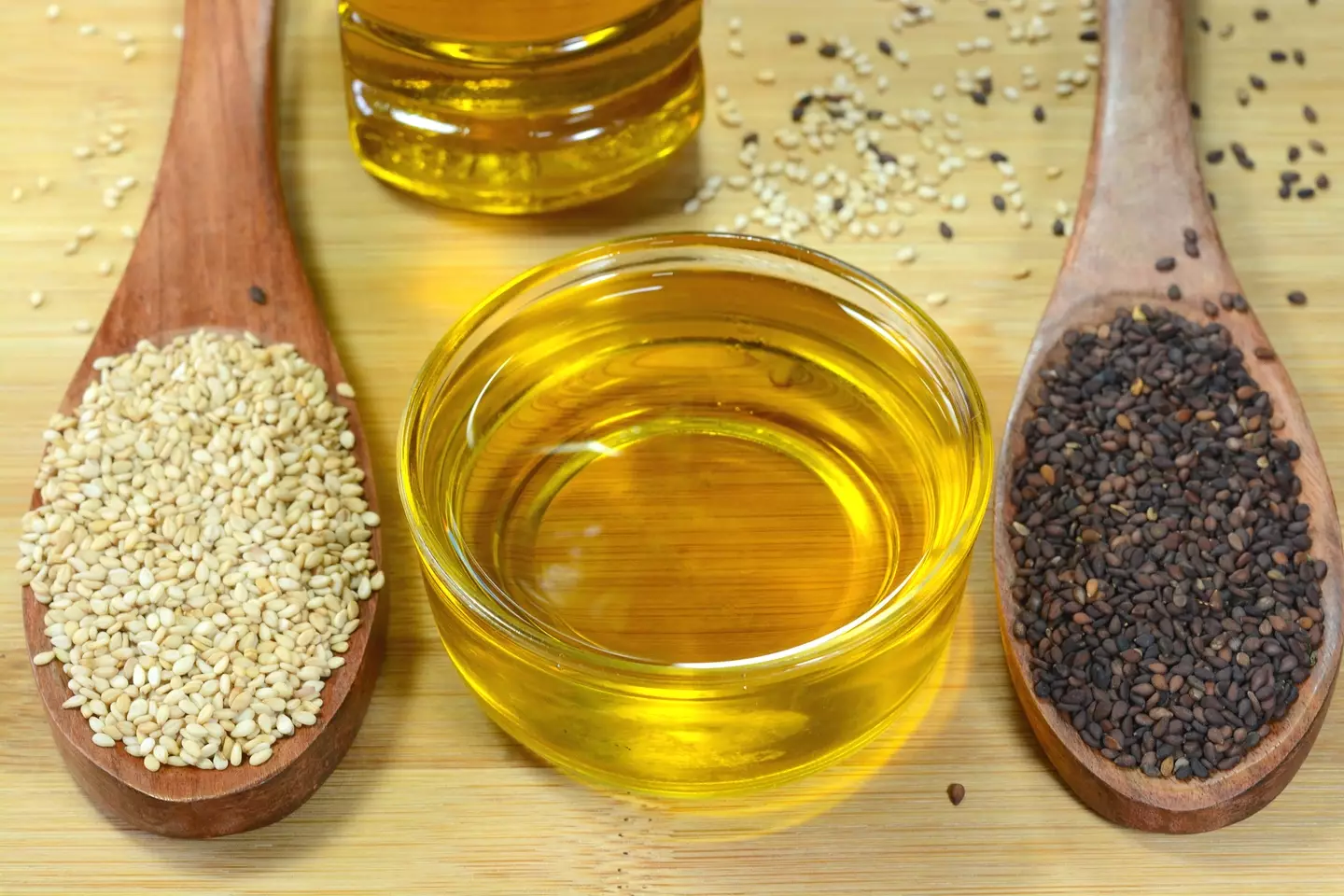
Seed oils have been getting an absolute pasting from people who’ve come to believe they pose a risk to our health.
Originally becoming widespread in home cooking as a healthier alternative to partially-hydrogenated oils, with the different types including: rapeseed oil, corn oil, cottonseed oil, grapeseed oil, soybean oil, sunflower oil, safflower oil, rice bran oil and peanut oil.
To make these oils from seeds, the seeds themselves are bleached, refined and heated, thereby stripping out most of the nutrients you’d expect from them.

Advert
They are, however, rich in vitamin E and unsaturated fats which can help to lower cholesterol and inflammation. Depending on the seed type, you might get omega-6 and omega-3 from them too, and it’s the former that tends to have people worried.
“Some concerns stem from the fact that some seed oils are high in omega-6 polyunsaturated fats, which, when consumed in large amounts without enough omega-3s, may contribute to inflammation,” said British Dietetic Association spokesperson Nichola Ludlam-Raine, per the BBC.
A recent study published in medical journal Gut reported a potential link between seed oils and colon cancer, with the interest spurred by growing numbers of bowel and colon cancer patients developing the cancers before the age of 50.
According to Diabetes.co.uk, “The study suggests that when consumed in excess, these omega-6 rich oils may cause an imbalance in the body, leading to an environment that fosters the growth and spread of cancer cells, particularly in the colon.
“Professor Tim Yeatman, a leading researcher in the study, explains that excessive omega-6 consumption leads to the production of pro-inflammatory lipid mediators, which suppress the immune system and may allow cancer cells to proliferate.
“As a result, experts recommend swapping these oils for options rich in omega-3 fatty acids, such as olive and avocado oil.”

The study only examined 80 colon cancer patients in the US, which is quite a small data set, and so the reported links to colon cancer aren’t concrete just yet. Per Diabetes.co.uk, the correlated risk is pinned to 'excessive' consumption, too.
While we wait for more research to come out about the potential ill effects of seed oils, how worried should we be?
“Population studies haven’t shown harm from seed oils – ultimately when you replace saturated fat (butter, for example) with unsaturated fat (such as seed oils), you get better health outcomes,” Ludlam-Raine told the BBC.
She continued: “There’s no need to completely avoid seed oils. In fact, many are rich in vitamin E and unsaturated fats. That said, consuming a variety of fats, including olive oil, nuts, seeds and oily fish (for beneficial omega-3 fatty acids), is best for overall health.

“I personally use both rapeseed oil and olive oil at home in cooking and in salad dressings – choose extra virgin or cold-pressed if you can for more nutrients.
“Look beyond the hype. A small amount of cold-pressed or minimally refined seed oils used in cooking or dressings is perfectly fine as part of a balanced diet.
“Try to focus more on your overall dietary pattern, aiming for one that is rich in vegetables, wholegrains, lean proteins and healthy fats, rather than obsessing over individual ingredients.”
